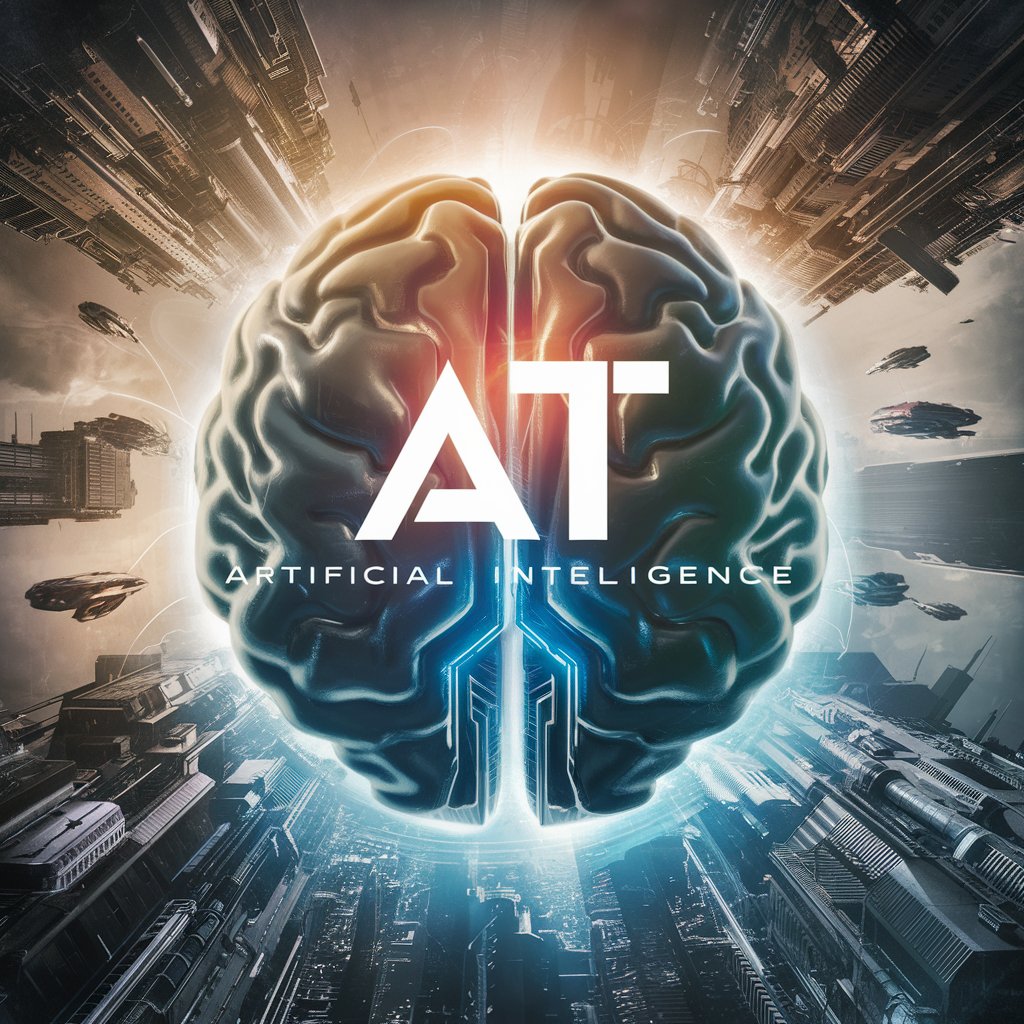Physical Address
304 North Cardinal St.
Dorchester Center, MA 02124
Physical Address
304 North Cardinal St.
Dorchester Center, MA 02124

Some people might grimace in confusion reading Chalkboards to Chatbots, but when you look at it a little more closely, many readers are sharp enough to put two and two together to see where this article is heading because of where the world has reached in terms of technological advancements.
Educational advancements are just as significant as the technological breakthroughs where people have moved on from chalkboards in a classroom to cutting-edge technology being integrated into our daily lives, especially in our education.
Technology undergoes a massive change every once in a while as the cycle old making way for the new continues non-stop. Education too falls into the same category although the Indian Education System has acquired a dubious reputation since the country’s independence in 1947.
Also read: Independence Day: A Journey of Blood, Sweat, and Sacrifice
Artificial Intelligence (AI) is THE technological revolution of the 21st century that has revolutionized industries and reshaped the way human life works. It has its own pros and cons like any other technology, but as of now, it is here to stay.
It is difficult to describe the profound impact of AI into words as its far-reaching phenomena, right from education to finance, healthcare to entertainment, has shaped the future of the world in more ways than one but the change from Chalkboards to Chatbots is easily understandable.
The traditional way of teaching relied heavily on massive textbooks, chalkboards, and face-to-face instructions. Even though they laid a foundation for schooling and tutelage, what was lacking was the ability to cater to the needs of an individual in terms of learning.
Thanks to the booming presence of internet and social media, digital resources began to quickly replace the traditional methods of teaching, thereby playing a major role in finally tailoring education to the needs of each student based on his/her capabilities in a more accessible and efficient manner.
AI-platforms, ChatGPT chief among them, have become part and parcel of our daily lives where most people tend to become totally reliant upon it to solve their day-to-day issues where it isn’t just about learning experiences but also learning administrative tasks.
AI-powered translation tools help non-native speakers in understanding course materials and participating in classroom discussions where chalkboards and dusters were a must for teaching the students.

Technology has its fair share of challenges and disadvantages with AI being no exception in this regard due to which one needs to take certain things into consideration especially if you’re using AI for your educational goals.
The use of AI involves the collection and analysis of vast amounts of data, raising concerns about data privacy and security. Ensuring robust data protection measures is essential to maintain user trust.
Having regulatory frameworks that balance innovation and ethical considerations is necessary in guiding the development and deployment of AI technologies.
AI system design is meant to be partial or outright biased for the data they’re trained on and that leads to unfair outcomes. As a result of which, you need to create new methods to detect and mitigate biases that is essential to ensure fairness in all AI applications.
The AI revolution is transforming and shaping all industries and the future in many ways, with its applications being vast and varied in order to appeal to all kinds of people, so we might see it go beyond the chalkboards to chatbots argument.
While its potential is immense, one needs to exercise caution when considering issues like data privacy, overdependency, and costs. AI is here to stay with the hope of creating a smarter, efficient, and more connected world.